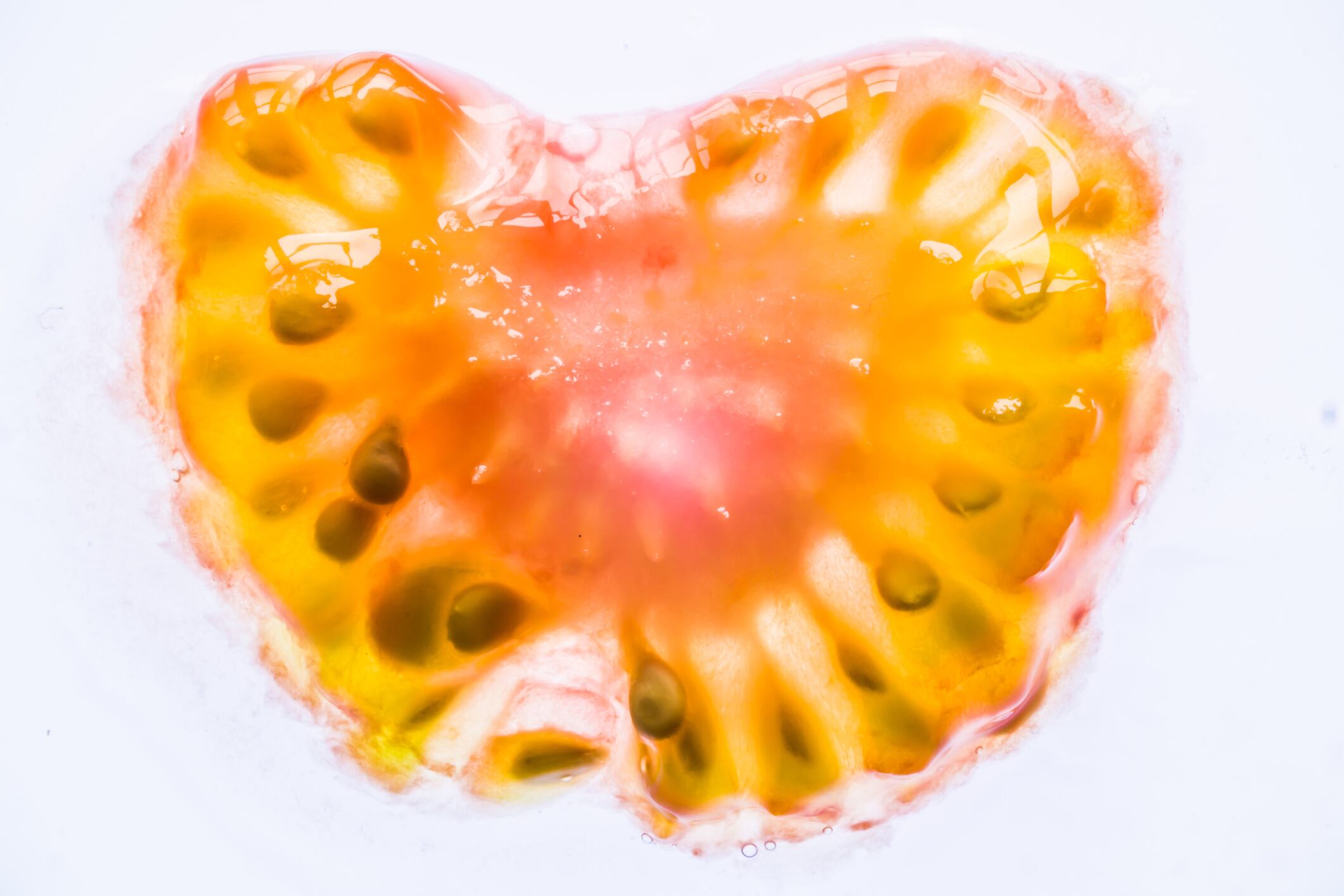Data published in the Journal of Cosmetics, Dermatological Sciences and Applications indicated that consuming 200 mg per day of the tomato seed extract led to significant improvements in measures of facial elasticity.
The beauty-from-within capsules, which contained 1 mg of the saponin lycoperoside H per 200 mg dose of extract, did not significantly impact skin moisture or levels of advanced glycation end products (AGEs) except for the AGE pentosidine, which decreased, reported the researchers from Hiroo Dermatology Clinic & Mentors Inc., OrthoMedico Inc., and Oryza Oil & Fat Chemical Co., Ltd.
“Pentosidine is a cross-linkable AGE and is known to promote the formation of crosslinks by collagen glycation to cause a decrease in skin viscoelasticity,” wrote the researchers. “… an improvement effect of TSE [tomato seed extract] on the facial elasticity accompanied with pentosidine reduction.”
Anti-aging on the decline, anti-wrinkle on the rise
The development of targeted anti-wrinkle formulations is in-line with recent comments from Anthony Gonzalez, director of global skin care and trend innovation at Avon. Speaking with our European edition recently, Gonzalez said that the notion of anti-aging products will fade out in two to three years.
“… you’re going to stop seeing the term ‘anti-ageing’ and start seeing terms like ‘wrinkle treatment’ or [brands] talking about what the products are actually doing; not generic anti-ageing,” he said.
Study details
The Japanese scientists included 43 healthy Japanese women with an average age of 51.6 to participate in their randomized, double-blind, placebo-controlled study. The women were randomly assigned to receive the daily tomato seed extract capsules or placebo for eight weeks.
The results showed that facial skin elasticity measures in the women improved significantly, compared to the placebo group.
The differences between the groups may be equivalent to improvements in skin elasticity of about six to seven years, said the researchers.
Improvements in skin elasticity measures were also observed in the upper arm after eight weeks of supplementation.
“Finally, in the safety assessment, no side effects were identified during the study period under the conditions of this study, though adverse events were identified in some participants. However, based on the criteria set before the study, the investigator determined that there was no causal relationship with TSE,” wrote the researchers.
“Thus, daily ingestion of TSE was suggested to be beneficial for maintaining the facial skin elasticity. However, the relationship between the reduction of pentosidine and skin elasticity by TSE ingestion should be clarified through further studies,” they concluded.
Source: Journal of Cosmetics, Dermatological Sciences and Applications
September 2021, Volume 11, Number 3, doi: 10.4236/jcdsa.2021.113019
“Tomato Seed Extract Containing Lycoperoside H Improves Skin Elasticity in Japanese Female Subjects: A Randomized, Placebo-Controlled, Double-Blind Trial”
Authors: T. Izumi et al.


